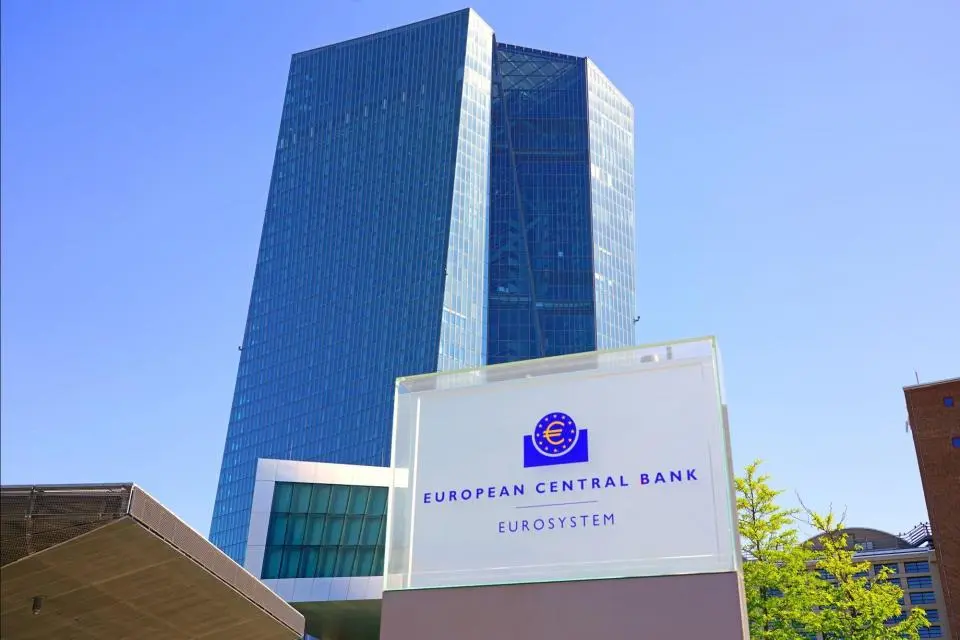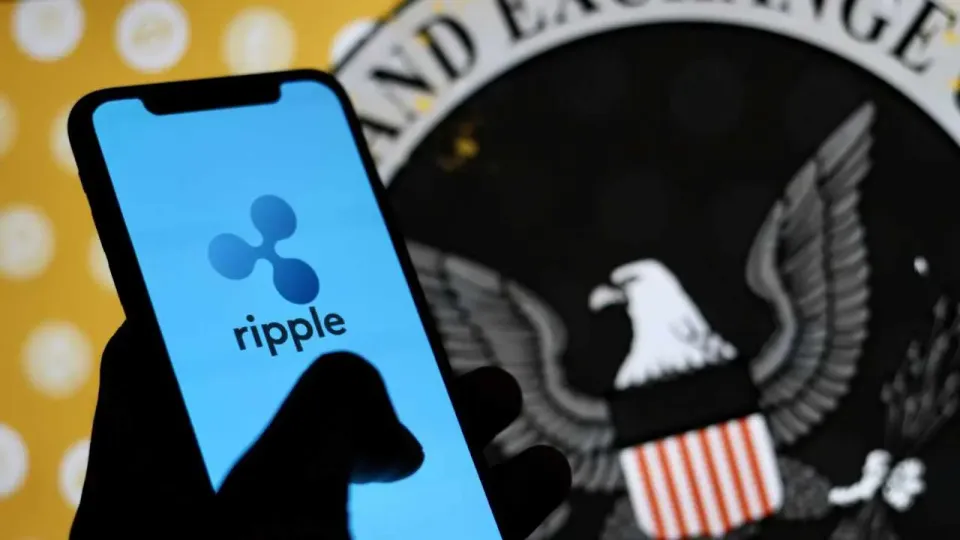CFTC Tightens the Grip
Crypto Market Week in Review (30 September 2022)
Markets
The UK Financial Crisis
Markets continued to be in “sell everything” mode this week, induced by the monetary policy decisions of major central banks in the week before. Both stocks and bonds declined, with the bonds market panicking over the news from the UK. The new government of the UK proposed to combine lower taxes with higher spending, swelling the budget deficit and borrowing needs. That is quite similar to the actions of most major governments in the last decade, but unlike in the last decade now there is no backstop of central banks purchasing government bonds. The markets rebelled against the UK economic policy. UK assets dropped, and the British pound fell almost to historical lows vs the US dollar.
GBP/USD
Facing the financial crisis, the Bank of England said it would buy UK government bonds in order to support market liquidity. The decision was said to be temporary and not related to monetary policy, but the markets grasped that the Bank of England would not be able to tighten monetary policy as much as it was expected before the news. Global bonds recovered most of their weekly losses after the announcement.
Crypto once again outperformed most other assets, being slightly up since last Friday's close. Bitcoin might have been supported by large capital outflows from Russia because of announced mobilization and mass emigration.
The implied volatility of both Bitcoin and Ethereum options traded sideways, and the implied volatility ratio of Ethereum to Bitcoin remained near 1.3.
Bitcoin DVOL index
Ethereum DVOL index
Celsius Ceo Alex Mashinsky Resigns
According to a Tuesday announcement on Business Wire, Celsius Network’s CEO, Alex Mashinsky, has resigned with immediate effect.
In his own words: "I elected to resign my post as CEO of Celsius Network today. Nevertheless, I will continue to maintain my focus on working to help the community unite behind a plan that will provide the best outcome for all creditors – which is what I have been doing since the Company filed for bankruptcy, I believe we all will get more if Celsians stay united and help the UCC with the best recovery plan. I remain willing and available to continue to work with the Company and their advisors to achieve a successful reorganization.”
The embattled company, currently going through bankruptcy proceedings, was founded five years ago, and it has become a well-known force in the crypto lending space. Its $25 billion AUM and 1.7 million users went down the drain after the company’s overleveraged position was exposed some months ago.
The company stopped all consumer withdrawals in June, leaving a balance sheet hole of around $2.85 billion. Important stakeholders that invested a significant amount in the company, including the Quebec Pension Fund, virtually lost that investment. Even Daniel Leon, a co-founder of Celsius, declared his stock "worthless."
One major attempt by the former CEO, Mashinsky, to revive the business included restructuring it to focus on crypto custody, but the plan apparently didn’t see the light of the day.
Central Bank of Ghana Starts CBDC Project
According to Kwame Oppong, the head of fintech and innovation at the Central Bank of Ghana, the country’s apex bank aims to keep up and complete its research on CBDCs with the objective of financial inclusion.
The government official stated that their primary objective at this time is to complete testing and eventually provide their population with the ability to utilize a "good form of payment."
In his words: “I think in terms of CBDC, our goal is to be able to finish testing it. We've seen the results. We're going to look at the study each and every time in the future. But our real reason for doing it is more financial inclusion.”
The representative claimed that participants in the "E-Cedi" offline trials conducted by Ghana's CBDC in the town of Sefwi Asafo were able to purchase goods and services from vendors in various locations without the use of an internet connection. Oppong thinks that having data produced by participants is another advantage of a CBDC.
Oppong also claimed that the fast settlement characteristic of CBDCs offers a lot of potential for cost savings when adopted.
Despite the potential advantages of CBDC, the central bank official emphasized that numerous organizations are currently weighing its advantages and disadvantages worldwide.
He replied, "I think we need to determine as a society if it's useful for us or not”.
MEV Bot Earns Almost $1m but Loses Even More to Bug
An odd development in decentralized finance saw an Ethereum arbitrage trading bot win big and lose it all on the same day.
Robert Miller, a researcher at the company Flashbots, revealed on Twitter how an MEV bot with the prefix 0xbadc0de was able to make 800 Ether (ETH), or almost $1 million, through arbitrage trades.
Miller claims that a trader tried to sell $1.8 million in cUSDC using the decentralized exchange (DEX) Uniswap v2 but received just $500 worth of assets in return. This presented a big arbitrage opportunity for the bot. The bot promptly acted after spotting this opportunity to frontrun the trade and made enormous earnings.
However, barely an hour later, a hacker took advantage of a flaw in 0xbadc0de's "bad code" and convinced it to approve a transaction that depleted its balance of 1,101 ETH. The bug can be found in the bot's callback code, which was exploited by the hacker to authorize an arbitrary address for spending, according to a blockchain security company, PeckShield.
CFTC's Pham Calls for Increased Retail Protection With the Introduction of a New Agency
The CFTC's new "Office of Retail Advocate," suggested by Commodity Futures Trading Commissioner Caroline Pham, might be a part of a larger agency-wide initiative to more directly regulate the cryptocurrency markets.
According to Pham, "If there are areas of the financial system that are apparently outside and unregulated, such as a 'shadow' crypto financial system — shadow banking 3.0 — then the appropriate response is to bring them inside," And while Congress continues its work on developing legislation, there may be other ways as well to make sure the CFTC and others are exercising the full extent of their existing market oversight, supervisory, and enforcement authorities."
Pham noted several reasons for the government to establish a new office devoted to retail investors, including in particular, "the crypto crisis, risk management failures, and huge retail losses." The CFTC commissioner also mentioned the need to strengthen the office's enforcement policies and ongoing training initiatives for retail investors.
The CFTC's campaign for increased control over cryptocurrency markets has gained traction in Congress, particularly for legislation in the committee that supervises the agency, the Senate Agriculture Committee. It's possible that a committee may vote on legislation shortly to give the commission more direct control over cryptocurrency markets, but it's not certain if the entire Senate will vote on it before the current Congress adjourns.
Do Kwon On The Run
Do Kwon, the co-founder of Terraform Labs, is purportedly the subject of a "Red Notice" from Interpol to law enforcement agencies worldwide.
The information was released just one week after it was announced that South Korean prosecutors requested Interpol to issue a Red Notice for Kwon on September 19.
According to the Interpol website, a Red Notice is a "request to law enforcement worldwide to identify and provisionally arrest a person pending extradition, surrender, or comparable legal action."
In a surprising turn of events, Kwon reportedly transferred Bitcoin from the Luna Foundation Guard (LFG)’s Bitcoin wallet on September 15, a day after a Korean court issued an arrest warrant for the fugitive cryptocurrency creator.
According to the crypto analytics firm Cryptoquant, 3,313 BTC were transferred to KuCoin and OKX from the said wallet. KuCoin received 1,354 BTC in total, which was immediately frozen, but OKX reportedly disregarded authorities' requests. As a result, 1,959 BTC in total could not be blocked and was free to be transferred to other platforms.
Many people were confused by the removal of BTC from the LFG wallet because it goes against Kwon's earlier comments that the LFG spent all of its holdings of BTC to protect the peg of TerraUSD (UST), and Do Kwon has denied all allegations on the matter.
*This communication is intended as strictly informational, and nothing herein constitutes an offer or a recommendation to buy, sell, or retain any specific product, security or investment, or to utilise or refrain from utilising any particular service. The use of the products and services referred to herein may be subject to certain limitations in specific jurisdictions. This communication does not constitute and shall under no circumstances be deemed to constitute investment advice. This communication is not intended to constitute a public offering of securities within the meaning of any applicable legislation.




